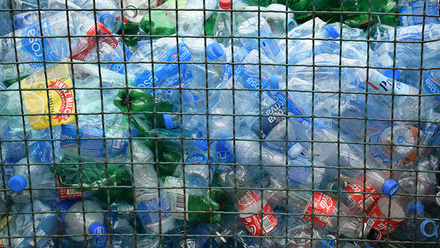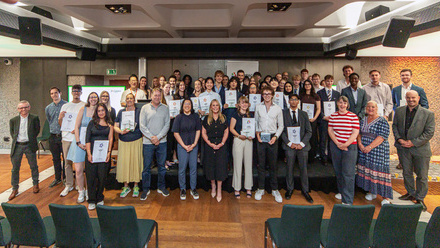Report flags UK vulnerable to critical minerals supply
The UK 2024 Criticality Assessment provides insights into the various factors contributing to mineral supply risk.

Out of 82 materials assessed, 34 minerals are ‘critical’. This is an increase from a 2021 assessment where 18 minerals out of 26 materials were designated as such.
Notable additions are nickel, iron, germanium, aluminium and chromium. Palladium is now below the criticality threshold.
The new list reflects the increased scope of assessment and advances in the methodology used.
Several issues are at the heart of this, the report says, namely technology-driven mineral demand – specifically lithium and rare-earth elements in electric vehicles and wind turbines, materials that can withstand harsh environments, and artificial intelligence.
Trade regulations also have a significant impact.
Recycling may be able to sustain supply chains but this varies depending on the type of mineral.
The findings intend to focus efforts on UK economic resilience and securing important minerals for the future.
The study was conducted by the UK Critical Minerals Intelligence Centre (CMIC), hosted by the British Geological Survey (BGS), and commissioned by the UK Department for Business and Trade.
Gavin Mudd, Director of the CMIC, highlights the increasingly complex supply chains the UK relies on to support its economic activity.
'This assessment confirms that the growing diversification of the UK economy – alongside the expanding reliance on global trade – brings an increasing vulnerability in terms of disruption to the supply of critical minerals.
'There are similarities to other criticality assessment lists across the world, but the demands and challenges facing the UK economy are dynamic, and we need to match the demand for minerals with sustainable and reliable supply.'
This follows the release of the National Engineering Policy Centre report on Critical Materials last month, to which IOM3 contributed.
Professor Joan Cordiner FREng FRSE FIChemE, Chair of the National Engineering Policy Centre Working Group on Materials and Net Zero, says in response to the UK Criticality Assessment 2024:
'The growing list of minerals deemed critical to our economy, national security and net-zero transition shows just how urgent it is that the UK finds a way to manage our rising demand for them.
'Too often the focus is on securing more supply of these minerals, without considering how we can use alternatives, use them more efficiently in the first place, and reuse and recycle them. Given the high environmental and social cost of critical materials, the government must develop a strategy to monitor and reduce our demand for critical minerals, which have wide-ranging applications from batteries to steel alloys. The alternative would simply leave the UK’s Industrial Strategy, its Net Zero Strategy and delivery of future infrastructure more vulnerable to chance and unnecessary risk.'







